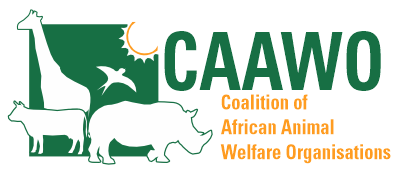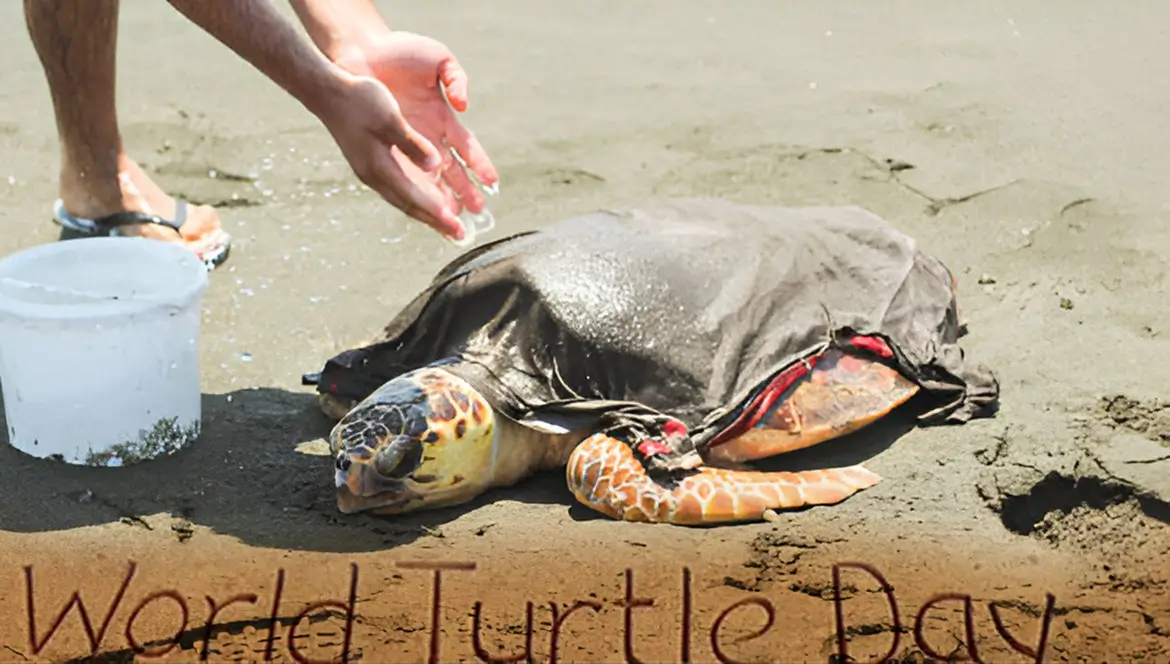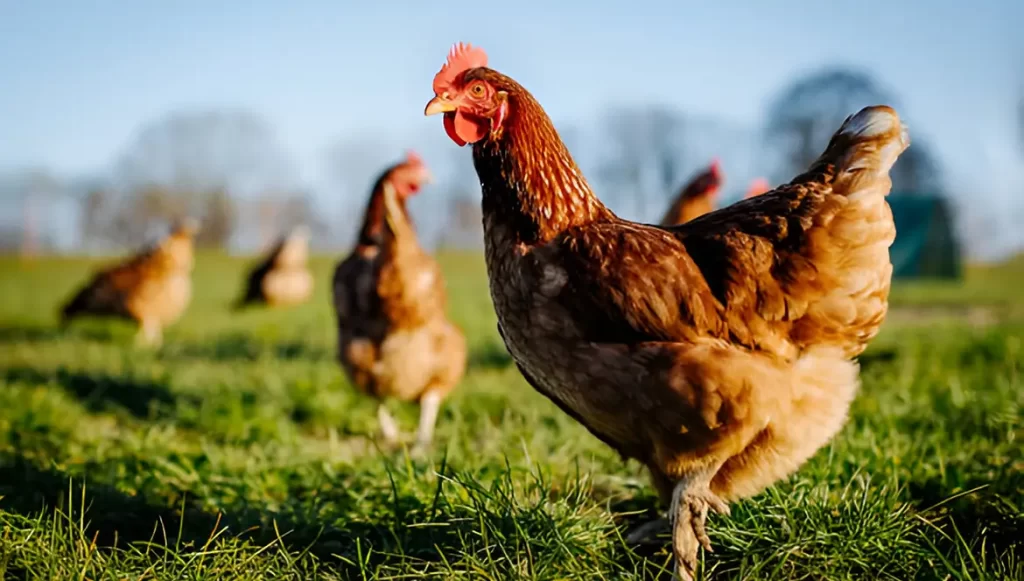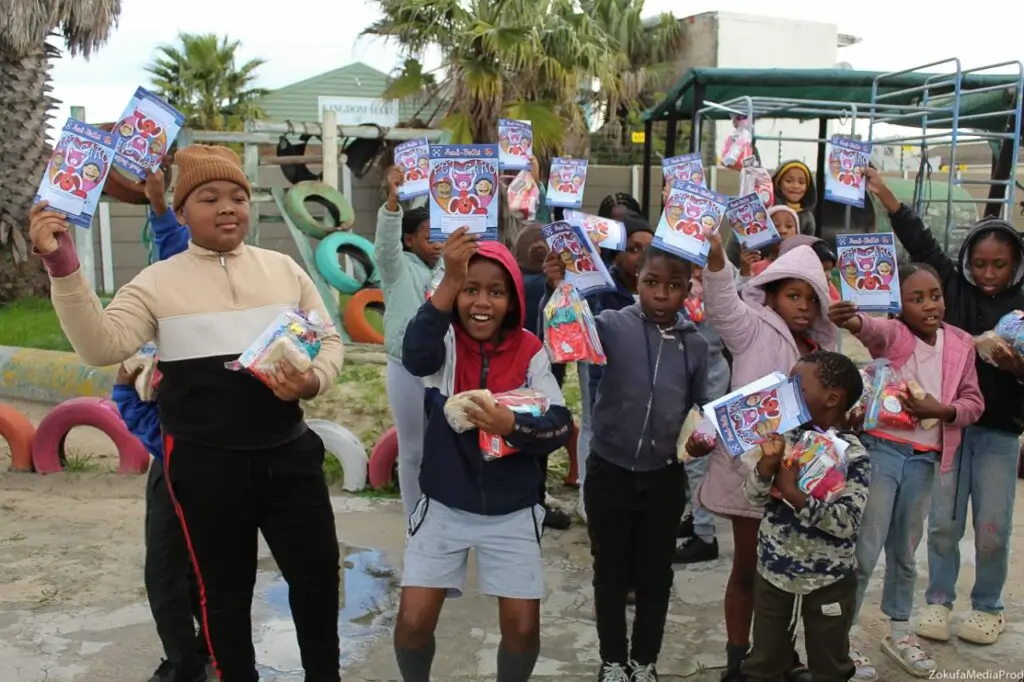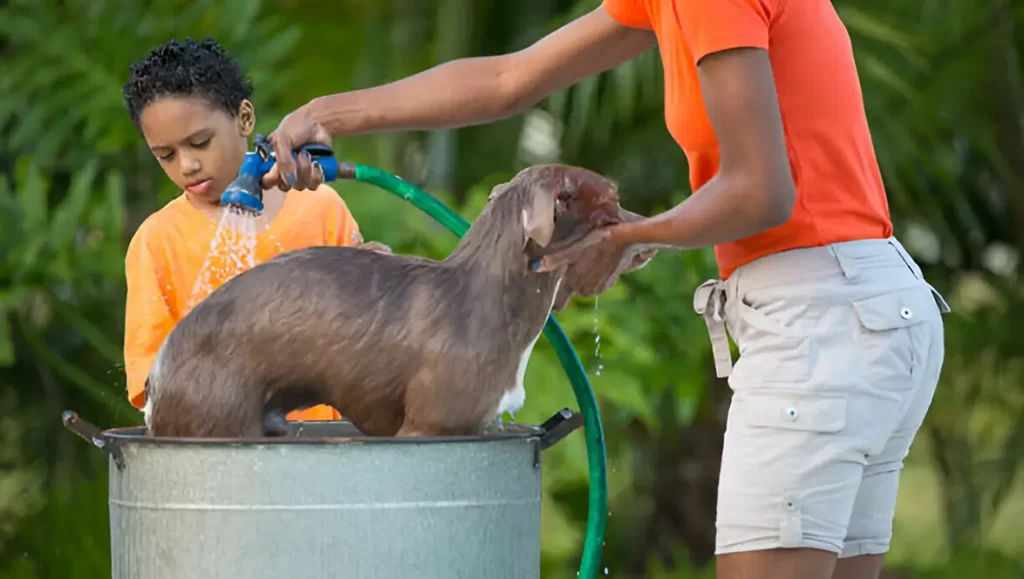We are all intimately familiar with the Covid-19 pandemic by now but there is another pandemic running rampant worldwide: the single-use plastic pandemic. We see the causes of this pandemic daily, in the straws in restaurant cups, in the packaging that contains our food and household goods, in every industry – usually from production right through to consumption – there is some level of plastic use.
Plastic is durable, it is lightweight, and some say it is cheaper so it is understandable that this product has been our friend and go-to for so many years, especially with the convenience of single-use plastic products. However, just because something has benefits and is a societal standard doesn’t mean it is right. It doesn’t negate the harsh downsides or mean that we should not look for ways to reduce our use of it.
Why Protecting Sea Life And Our Oceans Is Important
If you have ever headed over to your local park to do a litter cleanup you are probably well aware of how easily plastic breaks down into smaller particles. These particles then break down into microplastics which can get into our soil, our plants, our water, and eventually our oceans.
Not only do these microplastics release chemicals and toxins into our water and food which we ingest, but we also ingest the microplastics themselves. As do millions of sea creatures daily. Single-use plastic bags, bottlenecks, and other items choke and strangle various types of birds and ocean wildlife.
Our oceans are essential in regulating the climate and managing the effects of climate change, therefore protecting sea life by tackling this single-use plastic pandemic is crucial.
Small Steps That We All Can Take Against Single-Use Plastic
While it may seem futile to make meaningful change towards protecting our sea life, such as turtles for World Turtle Day, and our oceans; there are many small actionable steps that we can all take to do our part.
- Reduce sing-use plastic
The first, often overlooked, thing that we can do is simply reduce the amount of single-use plastic that we purchase. Opt for reusable bottles, straws, and coffee mugs, and avoid excessive food packaging by choosing the loose fruits and vegetables and bringing your own bags. Invest in long-term reusable shopping bags – for groceries and clothes/household shopping. Shop at refill-style stores, such as The Refillery, and avoid beauty products with exfoliating microbeads.
- Support organisations doing the work to reduce plastic on a production level
Support and donate to organizations that advocate for protecting sea wildlife, educate people on the dangers of single-use plastic – as well as give solutions – and that do work to tackle this problem. At CAAWO we have online resources dedicated to education and we do our best to advocate for our environment and its inhabitants while working to reduce humanity’s environmental impact.
- Encourage the government to introduce legislation that reduces single-use plastic
Changes in our individual habits are vital, but they are not enough alone to stop ocean plastic waste. We also need legislation that lowers plastic manufacturing, improves trash management, and holds plastic producers accountable for their waste.
- Participate in beach, river, and park cleanups
Organize cleanups in your local community, or simply go for a walk around your neighborhood and pick up some of the litter that would otherwise find its way into our environment and our oceans.
We love our earth, our oceans, and our turtles. Commit to taking one small step to reduce single-use plastic and truly begin protecting our sea life today in honour of World Turtle Day. Whether it’s making a donation to support marine life, spreading the message about this international issue, or committing to only using reusable shopping bags; every little step counts. Feeling inspired? Take a look at our website for more environmental resources and information on how to protect our planet!
